First-Time Manager Program @ Fast Growing Tech Enterprise
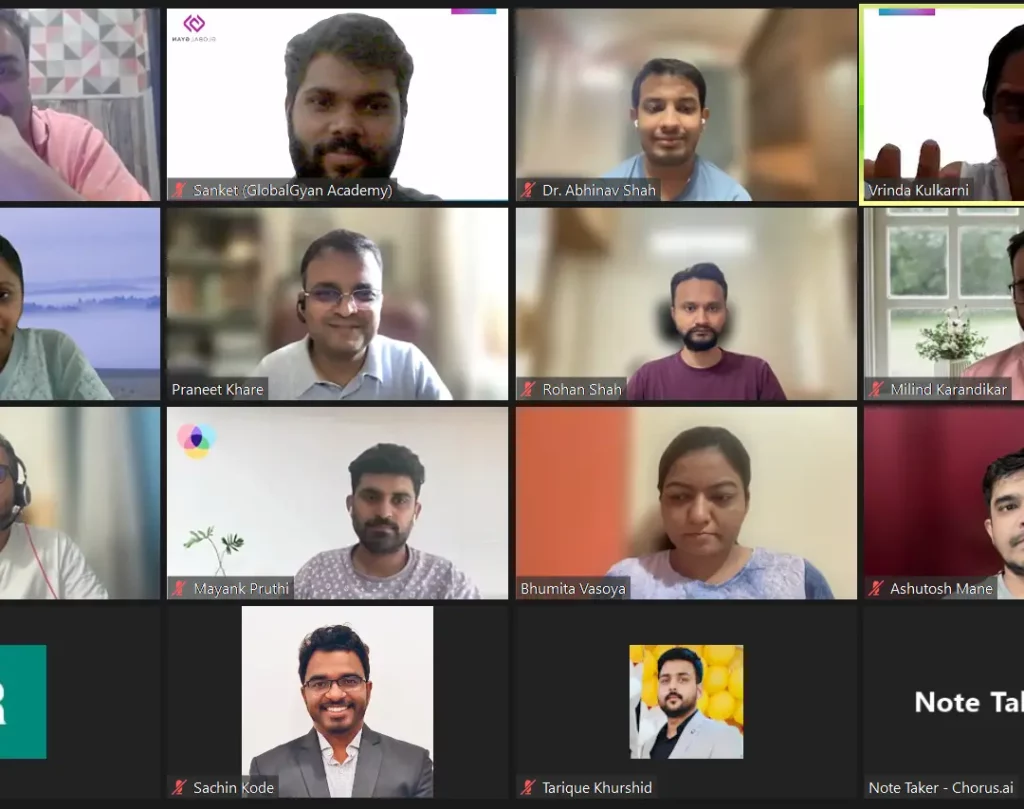
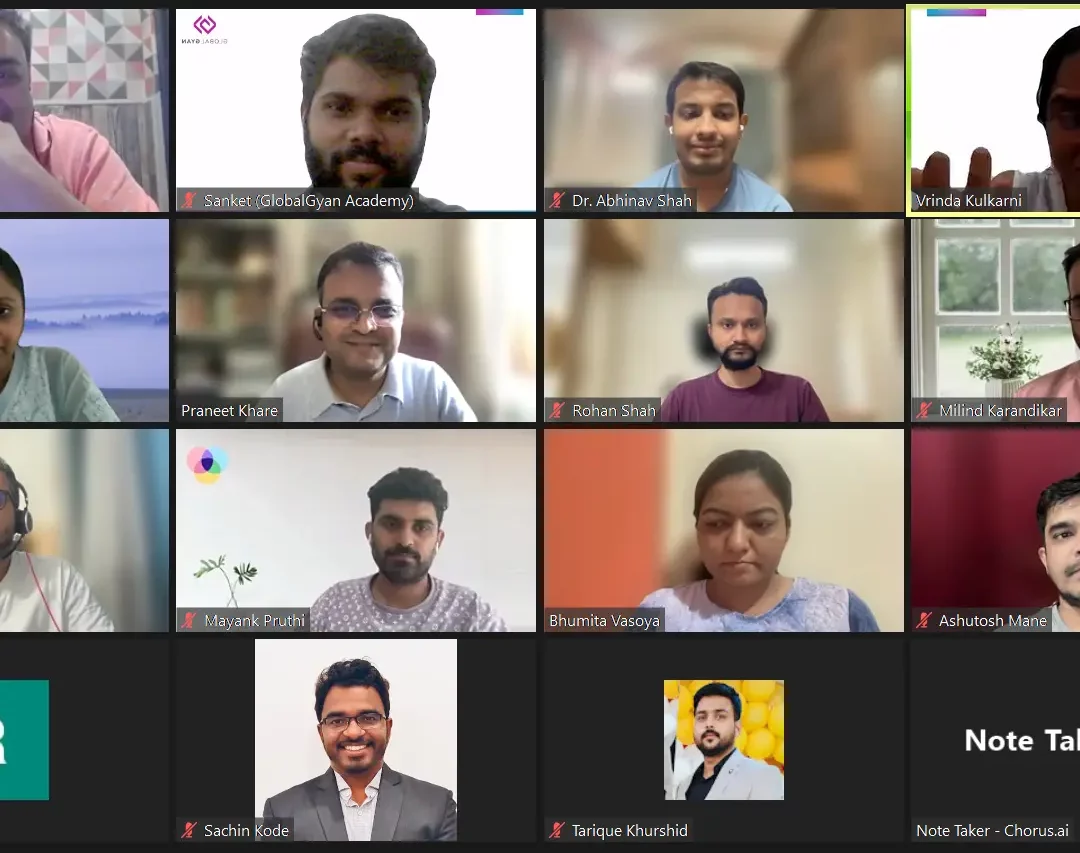
Client's
Objective
Making the jump from individual contributor to people manager is one of the trickiest transitions in anyone’s career. As we were scaling fast and promoting thier best performers into leadership roles, they realized they needed to give these new managers more than just a congratulations and a bigger title. They needed real support to succeed.
That’s where this 6-month leadership journey came in. We built it specifically around the organization’s core values—Hungry, Humble, Honest, Human, and Hardworking—because we knew that great managers aren’t just born, they’re developed. And the best development happens when it’s tied to what your company actually stands for.
The program wasn’t about turning people into cookie-cutter managers. It was about helping each person find their authentic leadership style while giving them the practical tools they’d need to succeed from day one. Because let’s be honest—nobody wants to be the manager who figures it out by making mistakes on their team.
6-Month
Blended Journey
15+
Participants
First-Time
Managers
Program Design
Highlights
1. Self-Awareness & Growth Mindset
Before you can lead others, you need to understand yourself. We used reflection tools and assessments to help participants discover their natural leadership style, core values, and the things that might trip them up.
2. Taking Ownership & Managing Time
The shift from doing the work to owning the outcomes is huge. We focused on goal setting, prioritization, and building the accountability habits that separate good managers from great ones.
3. Delegation & Situational Leadership
Here’s the thing about delegation—it’s not just handing off tasks. We taught managers how to match their leadership style to what each team member needs, and how to delegate in ways that actually develop people.
4. Communication, Feedback & Conflict
This is where most new managers struggle. We spent serious time on empathetic listening, delivering feedback that actually helps people grow, and managing those difficult conversations that every manager dreads but can’t avoid.
5. Critical Thinking & Problem Solving
The best managers don’t just put out fires—they prevent them. We gave participants structured tools to move from reactive problem-solving to the kind of proactive thinking that keeps teams ahead of issues.
6. Coaching & Delivering Results
At the end of the day, managers succeed when their teams succeed. We built capabilities around guiding, supporting, and empowering team members to achieve sustained performance—not just short-term wins.
Looking to build a customized leadership journey? We're here to help!
- Tailored Corporate Leadership Programs
- Outcome-Oriented Learning
- Gamified Assessments & Experiential Engagements













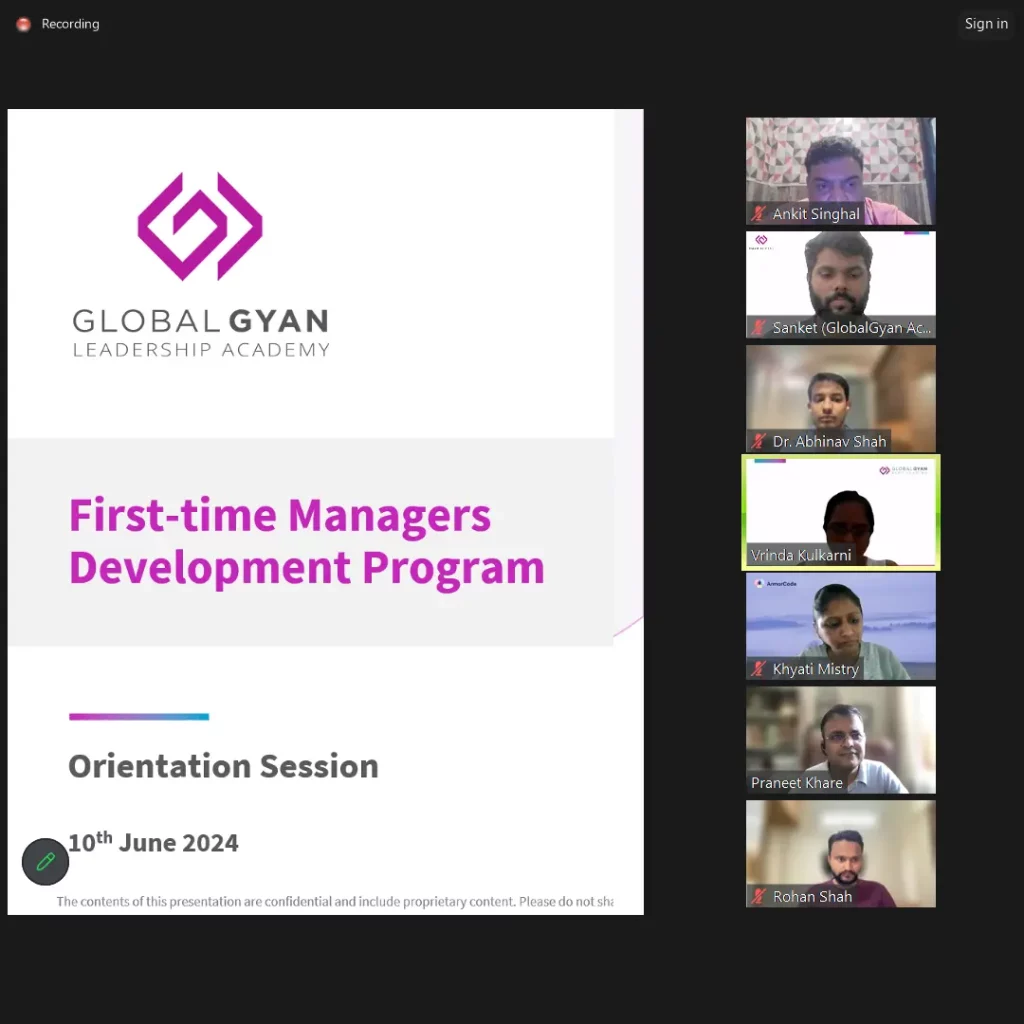
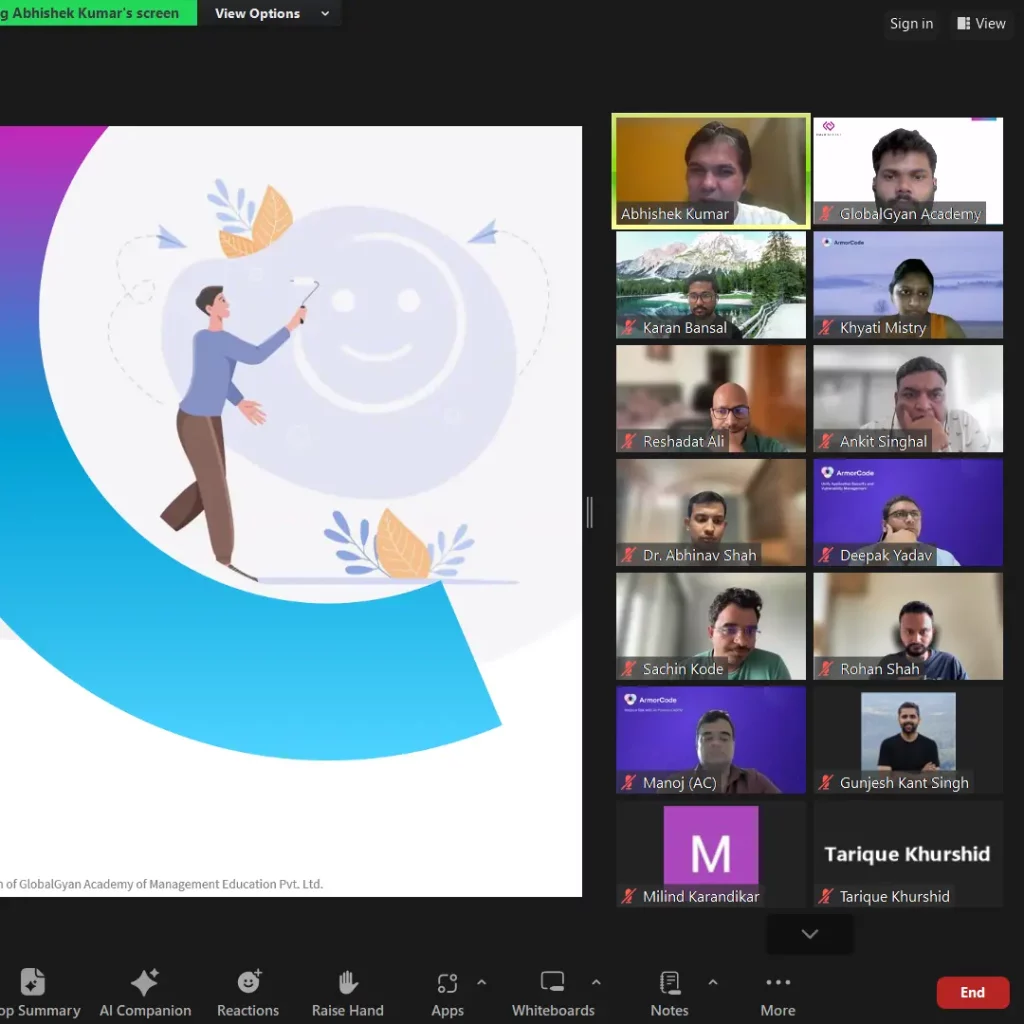
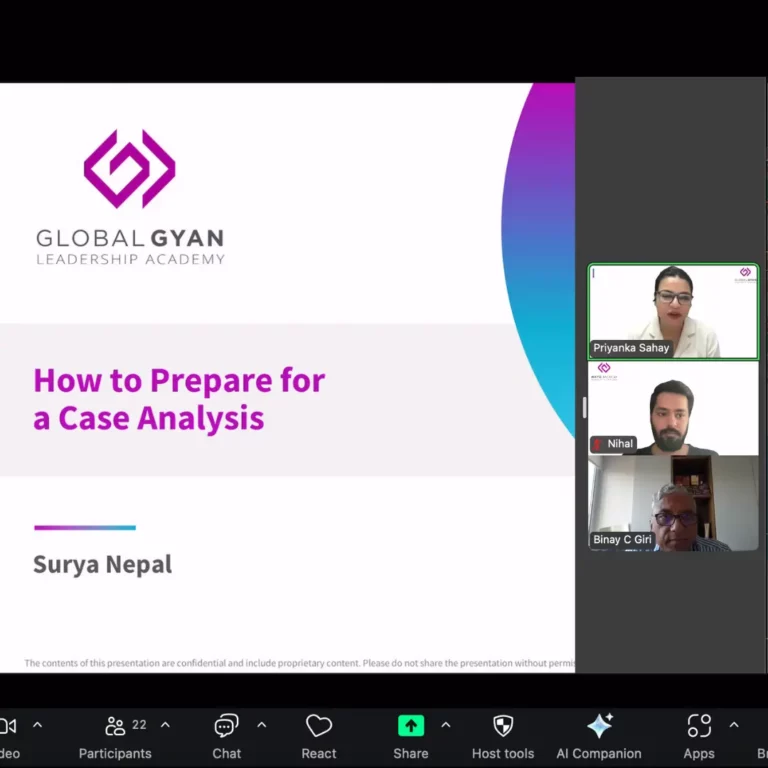
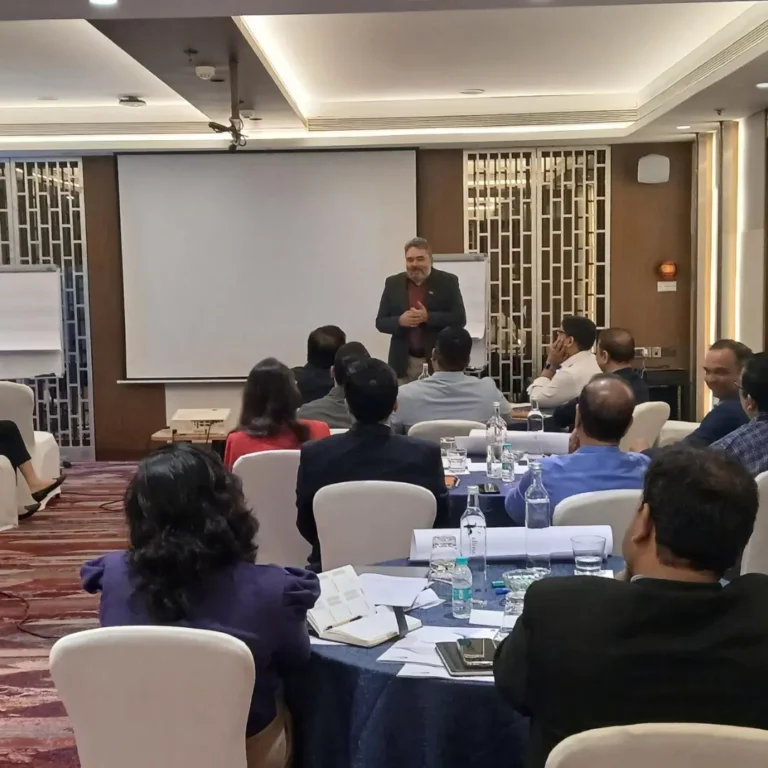
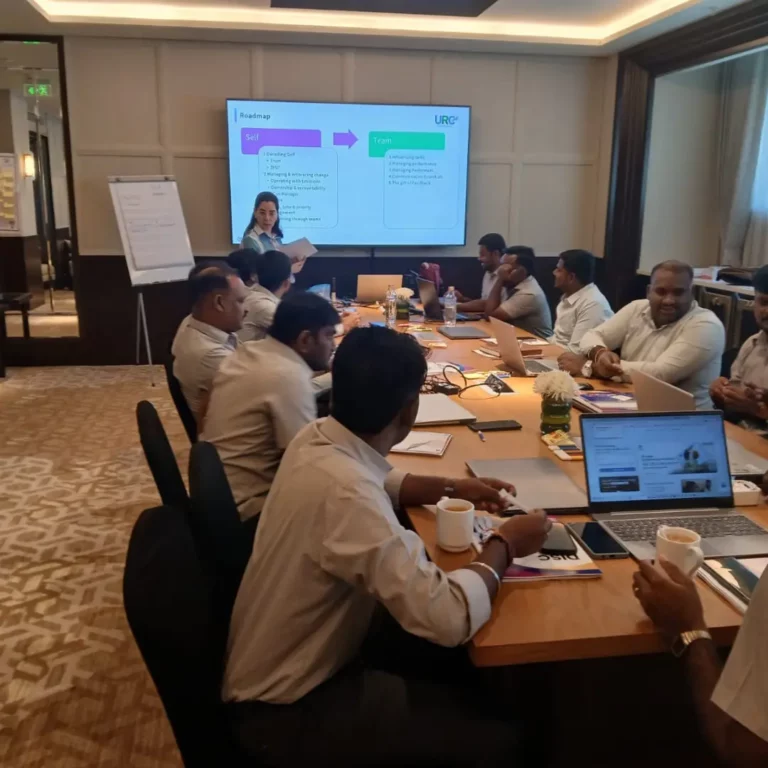

Responses